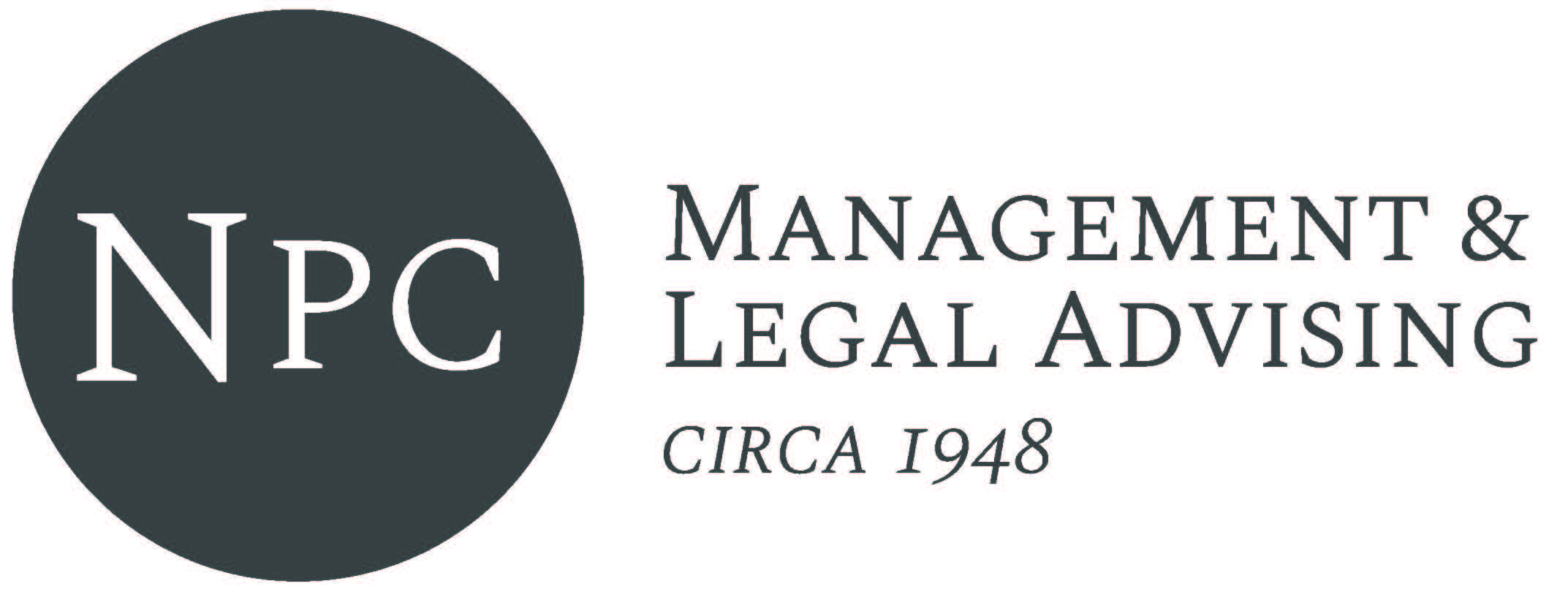Do you own a family company? Do you hope to someday entrust it to your heirs and watch it continue its growth under future generations? You aren’t alone. In a recent survey, 88% of family business owners expressed confidence that their family company would still be in family hands five years into the future. Yet only 30% of family-owned businesses make it to the second generation—less than one in three. Over our many years of experience counseling family businesses and other closely held corporations we have found that forming a family council can help companies improve communication, manage strategic planning and succession development, assess business valuation, preserve wealth, and successfully transition organizational leadership to the next generation.
What is a family council?
When family members are consumed by the day-to-day demands of running the family business it becomes difficult to prioritize tasks that are essential to long-term success, like strategic planning and succession management. And when a company’s leadership share a family relationship, critical tasks like expanding and clarifying leadership roles, business valuation, and more are difficult to navigate without becoming emotionally charged.
A family council is, at its core, a regular family meeting. Depending on the size and structure of your family business it may be formal or informal. It may include all family members with an interest in the family company or it may be a select group of family members appointed to serve on the behalf of all.
When convened, a strong family council is focused on determining company values, planning for the future, facilitating effective communication, finding and developing leadership, and preserving family wealth. Because each member of the family council is uniquely invested in the company’s success, it can have a powerful, positive impact on the future of the family business.
Family councils find the best way forward.
A family business without a family business succession plan risks failing when its founders step down or pass away, yet fewer than one in four closely held corporations has a succession plan in place. At Nicolosi Galluzzo, we advise our clients to form a family council first and foremost to facilitate strategic planning around the succession planning process.
Members of the family council take charge of critical tasks, such as:
- articulating the goals of succession planning and determining the family’s unique criteria for a successful transition of leadership
- reviewing and reorganizing the structure of the family business for tax implications and estate planning purposes: limited liability corporation? S- or C-corp?
- exploring and evaluating financing options for the succession planning process such as a cross-purchase buyout agreement, to compensate departing leadership for their company shares without negatively impacting corporate cash flow
Family councils facilitate effective communication.
For many family business owners, contemplating their company moving on without them can be difficult and disquieting. For their children, finding their own place in an established organization and company culture can be equally challenging. Every business experiences emotional conflicts, but we find family businesses can have a harder time identifying and diffusing them.
By establishing and empowering a family council, a family business creates a culture of open communication and connection. Within the council, difficult feelings can be expressed. Conflicts can be resolved. And the family company can continue to move ahead, unified.
Family councils find and develop the next generation of leadership.
Most founders of a thriving family company hope to pass it on to their children. But are their children interested in leading the company? Prepared to take on important leadership roles? Able to share responsibilities with each other?
Within the family council, more experienced members of the family business can share their experience and expertise with younger members. These mentorship opportunities allow the next generation to find places and professions within the family business where they can thrive. Nicolosi Galluzo experts also advise family councils to seek and nurture promising leaders from outside the family circle.
Family councils build value.
The company valuation of a family business is closely tied to family business succession, including retirement planning, taxes, compensation, financing, and more. At Nicolosi Galluzo, we find that because they are so close to the heart of the business, family councils can play an invaluable role in determining the fair market value, investment value, and liquidation value of their family company. An effective family council can create value in a closely held business through:
- a business value proposition for company products
- planning future cash flows
- strategic management of valuation discounts
- corporate financing strategies
Family councils preserve wealth.
Business succession planning is just the beginning. At Nicolosi Galluzzo, our family business planning experts work closely with family councils to minimize estate and gift taxes, create responsible retirement plans and family trusts, leverage life insurance, and more. Protecting the family business assets through family business succession takes proactive, long-term planning, and we are always here to help.
If you or your company are considering creating a family council as part of your long-term succession planning, it’s time to sit down with a personal advisor from our skilled family lawyer.

